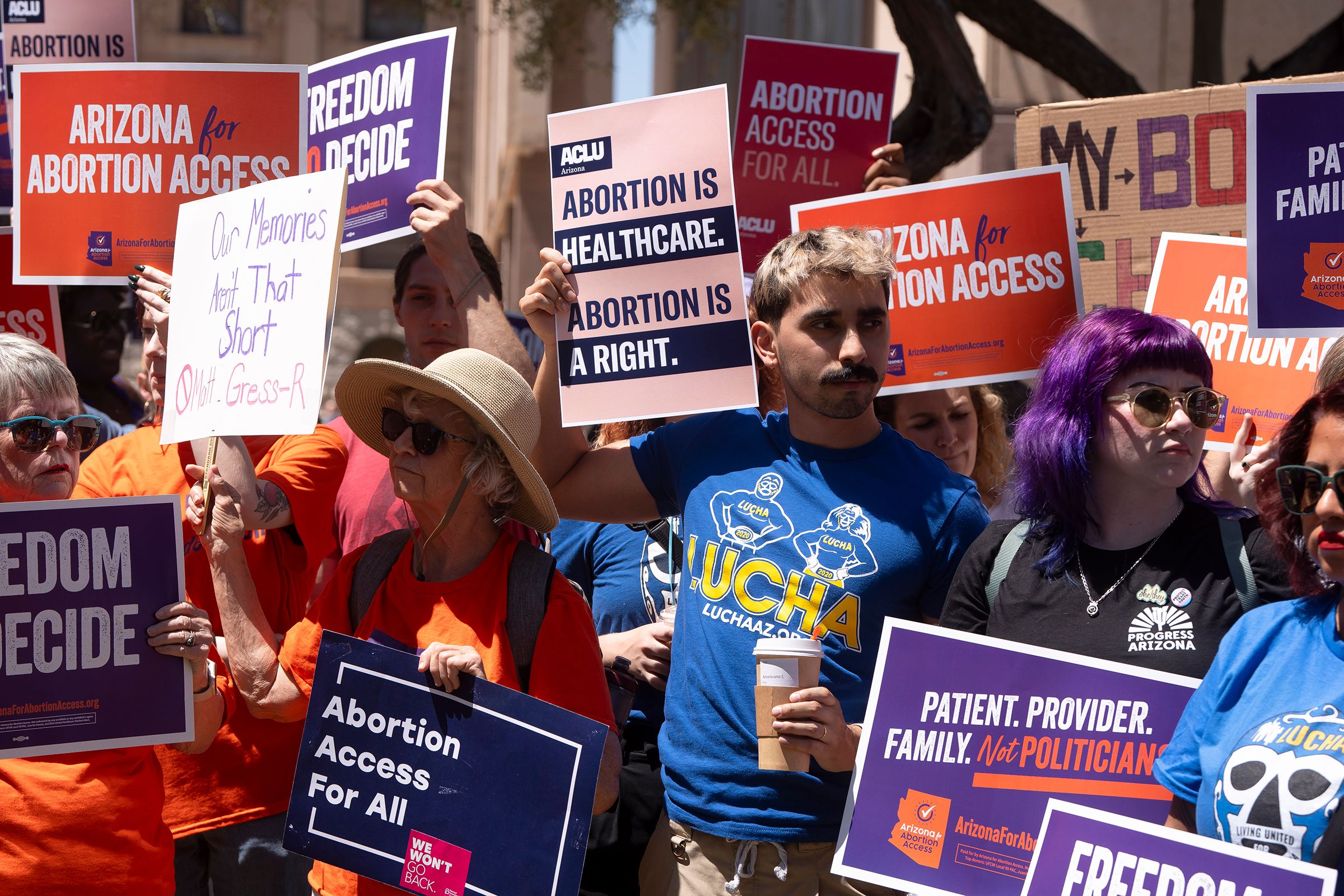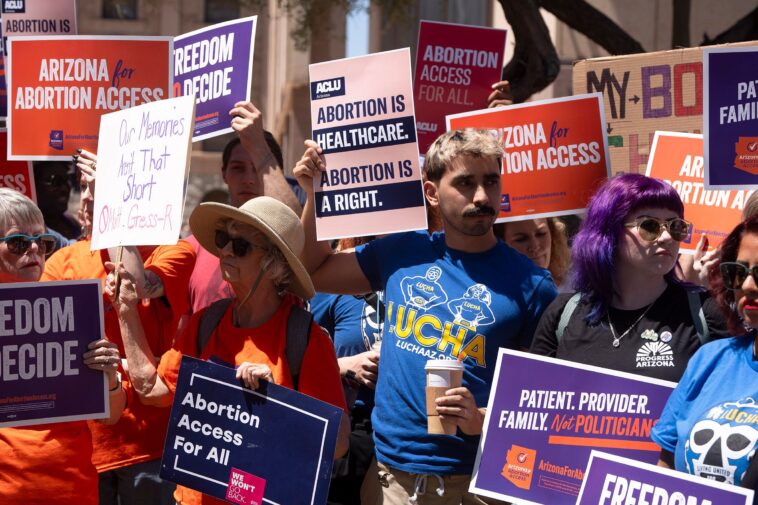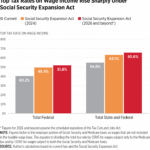
Revisiting Arizona’s Abortion Reporting Laws: An Infringement on Privacy or a Necessity?
Arizona’s Current Stance on Abortion Reporting
Arizona is currently grappling with a contentious issue that has sparked widespread debate. Governor Katie Hobbs is calling for the repeal of laws that mandate abortion providers to report specific details about pregnant women to the state. Labeling this as “government surveillance” of medical decisions, Gov. Hobbs’ appeal comes in the wake of the Arizona Department of Health Services’ annual report, which tabulates and publishes detailed information about abortions performed throughout the state.
This data, which ranges from the medical procedure used, gestational age of the fetus, the race and the reason for terminating the pregnancy, is troubling to many who view it as an invasive violation of privacy. While the identities of the women are not furnished to the health department nor included in the public report, the mere act of gathering such data has been deemed unacceptable by some, as this detailed intrusion does not exist for any other medical procedure.
Opposing Views on Abortion Reporting Laws
However, counterarguments to this perspective are founded on the right to information, particularly in relation to health care services. Cathi Herrod, president of the anti-abortion Center for Arizona Policy, defends the need to collect the data, drawing an analogy to standard medical healthcare. Herrod poses a legitimate question: if abortion is health care, don’t we, as a society, have the right to understand the circumstances and trends surrounding this service?
One of the potentially beneficial aspects offered by Herrod involves using the information gathered for the protection of women: if a provider uncovers that a woman is being coerced or is a victim of sexual assault, she can be informed of her right to report the crime.
Contention in the Legislature
The dispute is not likely to be resolved rapidly, considering the Republican-dominated Legislature appears unlikely to support Governor Hobbs’ appeal. Despite the uncertainties around the future of these laws, one thing remains clear: asking the questions which yield this kind of data seems to many to be an invasion of personal privacy. As Governor Hobbs rightly states, the very personal decision to start a family should not be overshadowed by government surveillance or the possibility of personal data being made public.
Data Collected and Its Implications
The data currently harvested by the state goes beyond mere numbers. The information collected is not just statistical but deeply personal. The wide array of data collected and the reasons cited for seeking an abortion – spanning elective decisions, financial considerations, victims of domestic violence, and various health considerations – create a catalog of private information that some might find exploitative.
Another contentious point is the gathering of information about the race and ethnicity of the women seeking abortions, their marital status, education level, and their past pregnancies. In some cases, this information could be used to track and potentially infringe on the privacy rights of these women.
The Call for Change in Arizona’s Abortion Laws
While legislative changes lie within the jurisdiction of the Legislature, the call for privacy, dignity, and respect for private health decisions is a stark reminder of how such sensitive topics should be ethically handled. This issue has garnered the backing of Dr. Jill Gibson, medical director of Planned Parenthood Arizona, who asserts that the state doesn’t have the right to survey and retain records of personal medical decisions.
Furthermore, Gibson argues the reporting requirement hinders the real task at hand: providing care to patients. The time medical professionals must spend investigating and reporting personal health histories and characteristics to the state distracts from their principal responsibility of offering direct care to patients. The argument is clear: it’s ‘medically unnecessary’ and ‘unfairly applied’ to abortion care.
Final Thoughts: Resolving the Debate
The attempt to tackle this issue indicates a much-needed evaluation of how we handle, gather, and share information considering personal privacy rights and healthcare services. As we debate the need for such laws and their impact upon the privacy of citizens, the emphasis should be on ensuring the best standards of healthcare provision and respect for personal rights.


